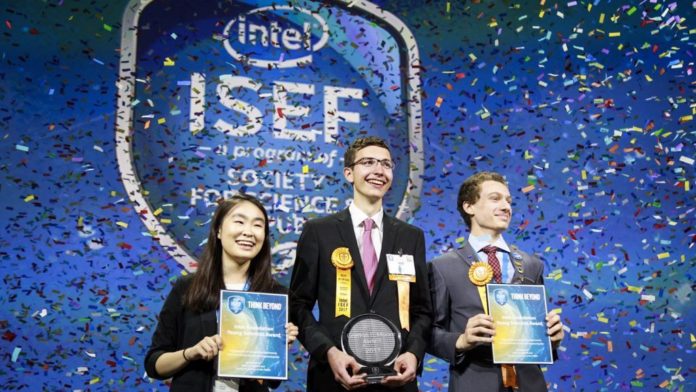An 18-year-old student, Ivo Zell from Germany recently got an award for designing and constructing a remote control prototype of a new flying wing aircraft at this year’s aircraft designs.
There was a problem with conventional flying wings. They were less stable in flight because they have little or no fuselage or tail. But, Zell has addressed this issue by using an unusual bell-shaped lift profile for improved stability and using telemetry to demonstrate its stability.
He primarily modified the shape of his aircraft so that it could operate smoothly and safely in challenging flight situations without the need for a complex electronic stabilization system and without significantly sacrificing fuel efficiency.
Maya Ajmera, president and CEO of Society for Science & the Public and publisher of Science News said, “The breakthrough ideas presented at the Intel International Science and Engineering Fair by Ivo Zell, Amber Yang and Valerio Pagliarino truly have the capacity to change our world for the better. As our world grows increasingly complex, we need innovative, transformative ideas to identify new solutions. Congratulations to all our finalists as well as our top three winners on their extraordinary research projects.”
In addition, Amber Yang, 18, of Windermere, Florida received one of two Intel Foundation Young Scientist Awards of US$50,000. She innovates an approach to predicting the locations of clouds of space debris that move in low Earth orbit.
Similarly, Valerio Pagliarino, 17, of Castelnuovo Calcea, Italy received the other Intel Foundation Young Scientist Award of US$50,000. He develops a prototype of a novel laser-based, wireless, high-speed network.
In addition to these top winners, approximately 600 finalists received awards and prizes for their innovative research.
